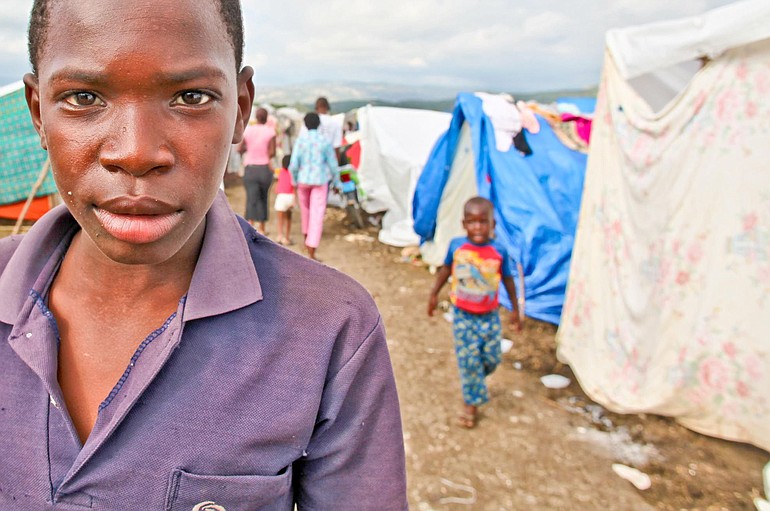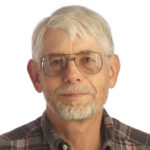o Previously: Forward Edge International sent four men to Haiti to find local partners for its earthquake relief efforts.
o What’s new: The Vancouver-based humanitarian agency is assembling teams that can help Haitian quake victims.
o What’s next: The first team is scheduled to leave for Haiti in the next week or so.
o To help: 360-574-3343 or http://www.forwardedge.org.
o Previously: Forward Edge International sent four men to Haiti to find local partners for its earthquake relief efforts.
o What's new: The Vancouver-based humanitarian agency is assembling teams that can help Haitian quake victims.
o What's next: The first team is scheduled to leave for Haiti in the next week or so.
o To help: 360-574-3343 or http://www.forwardedge.org.
When Joe Anfuso summarizes his recent trip to a disaster zone, it almost sounds like a punch line.
“I tell people that I spent a month in Haiti last week.”
For Anfuso and three companions, it was an eight-day immersion in an emotional brew of hope and horror, fear and faith.
The president and CEO of Forward Edge International led a team that linked up with Haitian partners on an earthquake relief effort. He was joined by Bob Craddock, the Forward Edge partnership director; Nick Rogers, a retired Army colonel and former pastor; and Portland resident Dan Combes.
Hope came into play as the Vancouver-based humanitarian agency set up projects with partners in Haiti.
Horror? It was represented by the smell of death, which lingered in the air long after the quake, and the stories they heard from survivors.
In a Port-au-Prince hospital, the team met a university student who’d spent three days trapped with a friend who eventually died in the rubble.
During the second day they were buried, she told Anfuso, a man called into the ruins of the building: “Is anybody in there?”
When the trapped student yelled “Yes!,” the man asked: “Do you have any money?”
“No,” she said.
The young woman spent another day alone in the rubble, with her dead friend’s head resting against her arm.
“Buildings were death traps,” Anfuso said. “The concrete is brittle, sometimes with no rebar. People were worried about hurricanes, so they’d build a bunker that wouldn’t blow away.”
With things moving from rescue to recovery mode, Forward Edge is preparing to send its volunteers.
“Seven teams are firmed up to go between the middle of March and the end of April; that’s from 70 to 100 people,” Anfuso said. “We had 700 inquiries from all over the country.”
The effort will include a couple of medical teams plus volunteers who will help build homes in Jacmel, a coastal town that’s about a two-hour drive from Port-au-Prince.
Housing is a huge challenge. At one site the team visited, thousands of refugees were camping on a two-acre piece of land.
In addition to the houses that were destroyed, “There are so many displaced people who are afraid to go into their homes,” Anfuso said.
“We have a vision of developing a model community in Haiti that can be duplicated,” he added.
One partner in Jacmel is a Haitian businessman who can provide land for the community.
Forward Edge also has some resources here that will come in handy, including a board member who is an architect. They also have a local contractor on the team, and have linked with a Portland contractor who was born in Haiti.
“People would help construct their homes and even invest financially, so they have a piece of the ownership,” Anfuso said.




